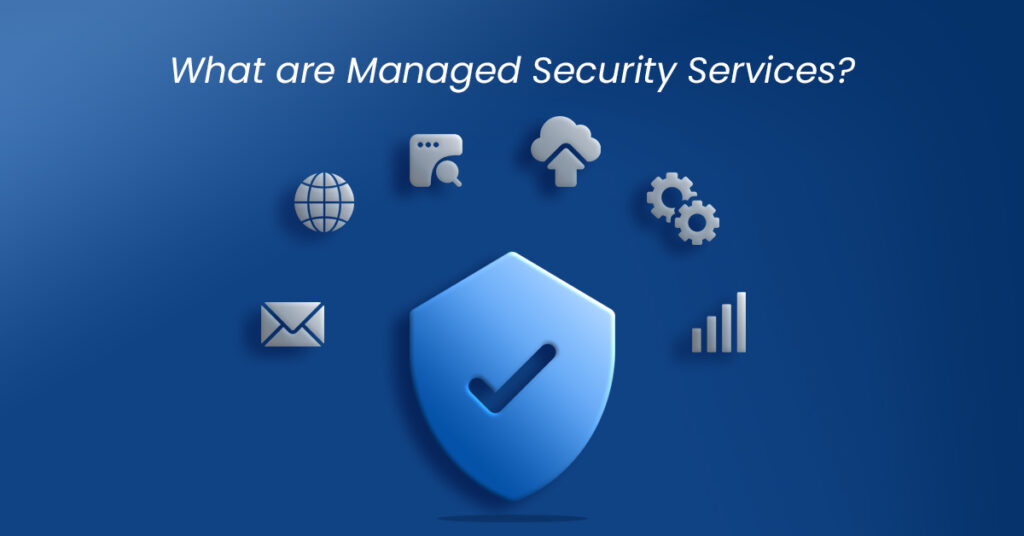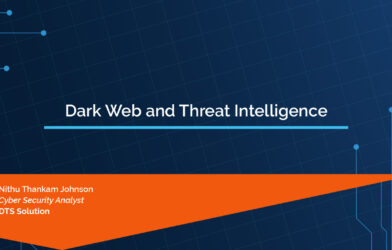
In today’s hyperconnected digital landscape, businesses of all sizes face an ever-expanding array of cybersecurity threats. Cyberattacks, data breaches, and malicious activities can cause severe financial and reputational damage. As a result, organizations are increasingly turning to Managed Security Services (MSS) to safeguard their digital assets. This article explores the significant benefits of MSS and how it plays a pivotal role in protecting businesses from evolving cybersecurity threats.
The modern business environment is characterized by a growing reliance on digital technologies and data-driven operations. While these advancements offer numerous advantages, they also expose organizations to a wide range of cybersecurity risks, including:
1. Cyberattacks:
These encompass a wide array of threats, including malware, ransomware, phishing, and denial-of-service attacks.
2. Data Breaches:
Breaches can result in the theft or exposure of sensitive customer data, leading to legal and reputational consequences.
3. Insider Threats:
Malicious or negligent actions by employees and insiders can compromise security.
4. Compliance and Regulatory Requirements:
Many industries are subject to stringent data protection regulations that require robust security measures.
Managed Security Services are outsourced security solutions that provide businesses with comprehensive protection against cyber threats. MSS providers offer a suite of services, including threat detection, incident response, security monitoring, and ongoing management of security infrastructure. Here are some of the significant benefits of implementing MSS:
1. Expertise and Specialization:
MSS providers employ cybersecurity experts who are well-versed in the latest threats and security best practices.
2. Proactive Threat Detection:
MSS continuously monitors networks and systems, identifying potential threats in real-time and responding swiftly to mitigate risks.
3. Cost-Effective:
Outsourcing security can be more cost-effective than hiring and training an in-house security team and investing in expensive security technologies.
4. 24/7 Monitoring:
MSS providers offer round-the-clock monitoring, ensuring that threats are detected and addressed at any time of day or night.
5. Scalability:
MSS can be tailored to the specific needs and size of your organization, allowing for easy scalability as your business grows.
6. Enhanced Compliance:
MSS providers assist in ensuring that your organization remains compliant with industry-specific regulations and data protection laws.
7. Access to Advanced Tools:
MSS providers have access to cutting-edge cybersecurity tools and technologies that may be cost-prohibitive for individual organizations.
8. Rapid Incident Response:
In the event of a security incident, MSS providers can respond swiftly to contain and mitigate the threat, minimizing damage.
9. Focus on Core
Competencies:
Outsourcing security responsibilities allows businesses to concentrate on their core competencies without the distraction of managing security operations.
Implementing Managed Security Services is not just about mitigating risks but also about creating a more resilient and secure business environment. Here’s how organizations can realize the benefits:
1. Comprehensive Assessment:
Start by assessing your organization’s unique security needs and compliance requirements.
2. Vendor Selection:
Carefully select an MSS provider with a proven track record and expertise in your industry.
3. Customization:
Collaborate with the MSS provider to tailor security solutions to your organization’s specific needs.
4. Continuous Communication:
Maintain open lines of communication with your MSS provider to stay informed about security threats and incident responses.
5. Employee Training:
Educate employees about security best practices and the importance of cybersecurity.
6. Regular Assessments:
Periodically review and assess the effectiveness of your MSS solutions to ensure they align with evolving threats.
Managed Security Services have become an indispensable component of modern cybersecurity strategies. As cyber threats continue to evolve in complexity and sophistication, businesses must proactively protect their digital assets. By leveraging MSS, organizations can access expert guidance, 24/7 monitoring, and advanced technologies that strengthen their security posture and enhance their resilience against cyber threats. Investing in MSS not only protects your business but also empowers you to focus on what you do best—growing and thriving in the digital age.



